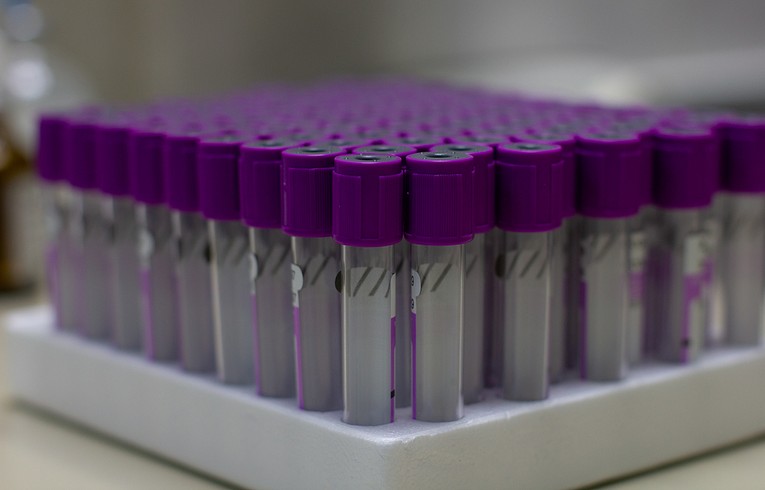 World Athletics, one of the most prominent governing bodies in sport, has announced that transgender women will be banned from events that carry world ranking status.
World Athletics, one of the most prominent governing bodies in sport, has announced that transgender women will be banned from events that carry world ranking status.
As of March 31, any transgender female that has gone through puberty as a male will be prohibited from competing.
A working group is being set up and more research conducted to determine how, or if, transgender athletes can participate in women’s events on a level playing field.
Lord Coe, the president of World Athletics, revealed the decision was taken to ‘protect’ female sport, adding:
“Decisions are always difficult when they involve conflicting needs and rights between different groups, but we continue to take the view that we must maintain fairness for female athletes above all other considerations.
“We will be guided in this by the science around physical performance and male advantage which will inevitably develop over the coming years. As more evidence becomes available, we will review our position, but we believe the integrity of the female category in athletics is paramount.”
Previously, transgender women were allowed to compete in female events if they could show that their blood testosterone levels were kept to a maximum of 5nmol/L for 12 consecutive months prior to the event taking place.
But debate continues to rage on as to whether transgender women have physical advantages that could harm the integrity of competition and, in the case of contact sports like rugby, endanger biological females. Others believe that sport should be inclusive for all.
“Many believe there is insufficient evidence that trans-women do not retain advantage over biological women, and want more evidence that any physical advantages have been ameliorated before they are willing to consider an option for inclusion into the female category,” Coe confirmed following a consultation involving a number of stakeholders in athletics.
Some governing bodies, such as swimming’s Fina, World Rugby and British Triathlon, have completely banned transgender women from contesting female events – the latter forming an ‘open’ category to allow those of gender differences to compete.
Rule Changes

In addition to prohibiting transgender women from competing, World Athletics have also changed the rules on the amount of blood testosterone that athletes with differences in sex development (DSD) are allowed.
People with DSD, such as former Olympic and world 800m champion Caster Semenya, have a hormonal and genetic make-up that can be a mix of male and female biology – the term ‘intersex’ is often used instead of DSD.
They previously had to pass the 5nmol/L blood testosterone test, but now the governing body has moved the goalposts so that these levels must now be below 2nmol/L for a continuous two-year period prior to competing.
That rule was specifically for those contesting ‘restricted’ events, which ranged from 400m to a mile, but have now been rolled out to any track and field event under World Athletics’ jurisdiction.
Interim provisions have been rolled out – 2.5nmol/L for six months for those competing in previously non-restricted events, however the rule change has come at a time when it’s likely that DSD athletes will therefore miss the World Championships in August.
Semenya, meanwhile, has been unable to compete since 2019 after refusing to take testosterone-reducing treatments.
